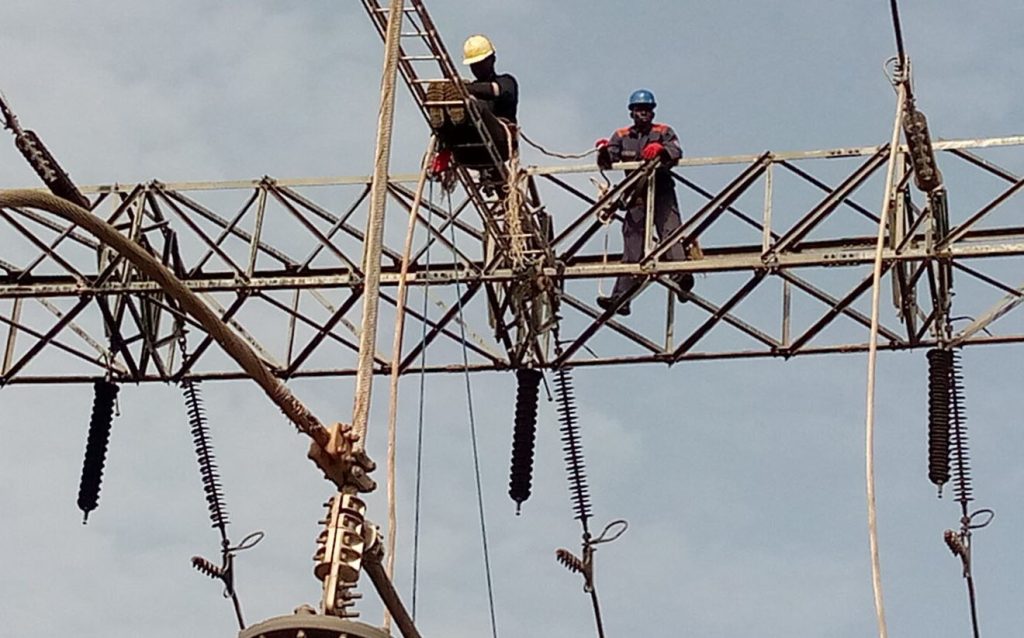

Stakeholders call for collaboration to boost Africa’s energy growth



About 8 out of every 10 Nigerian doctors are currently seeking work opportunities outside of Nigeria according to a report ...
The Standards Organization of Nigeria (SON) is a body saddled with the responsibility of ensuring that products used in manufacturing ...
The popular assertion that health is wealth re-echoes the high importance attached to the health sector of every community, state ...
Street children are a growing phenomenon is every city of the world, and family breakdown is the greatest factor. Oshodi ...
Early Cases of Kidnapping in Nigeria were abductions mainly for ritual killing, slavery and forced marriage. There were also cases ...
President Bola Tinubu, on Wednesday, April 3, 2024, signed into law the Student Loans (Access to Higher Education) (Repeal and ...

Leave a reply